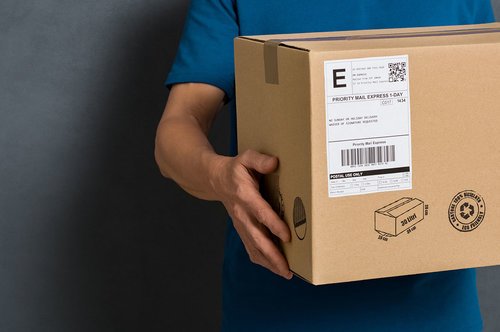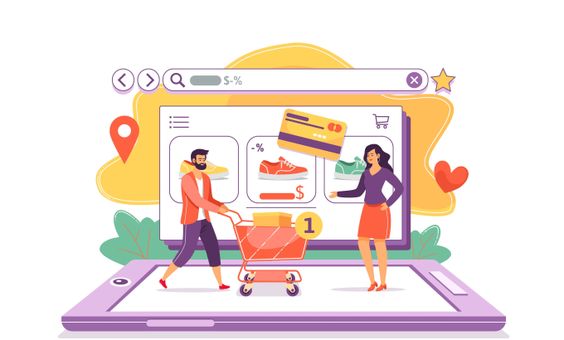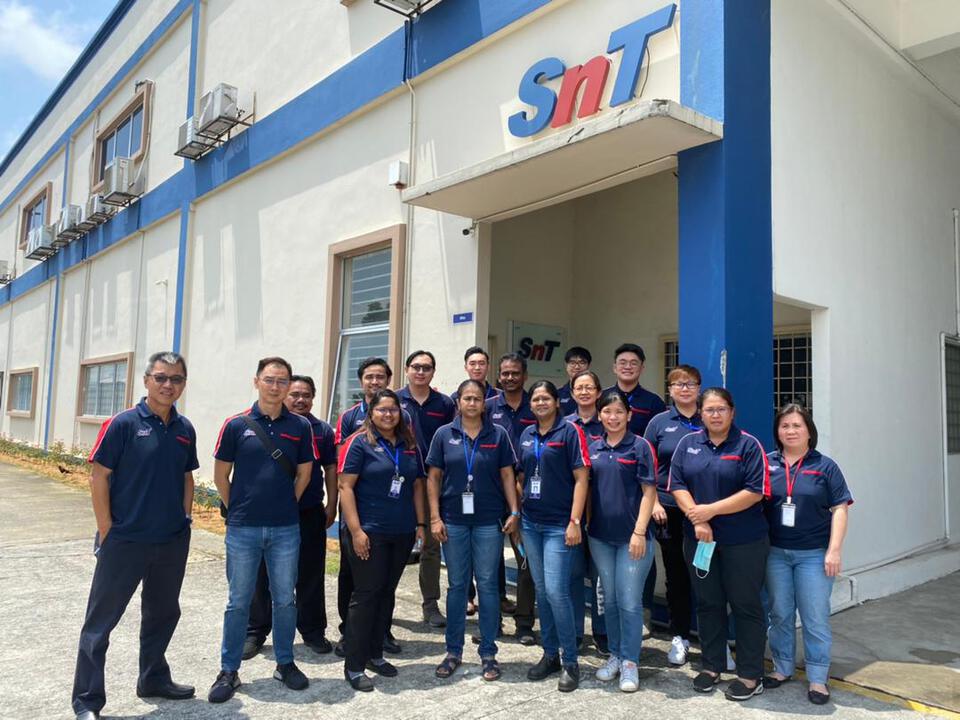
Introduction to B2C Fulfillment
As you may have known, fulfillment logistics involves transporting orders from customers and shipments, packing boxes, storing inventory in an e-commerce warehouse as well as delivering orders on time. Many e-commerce businesses choose to outsource fulfillment logistics provided by a third-party logistics (3PL) company to save time on administrative tasks, lessen errors from self-fulfillment (for example: at home), and offer better, faster shipping to their customers. Keeping customers satisfied and happy is what B2C fulfillment is all about. Let’s find out more about it by looking at warehousing and fulfillment companies.
B2C

One of the largest operations in Malaysian logistics consists of business to consumer fulfillment otherwise known as ‘B2C fulfillment.’ In B2C fulfillment, consumers are the main focus of the logistics provider rather than the businesses. In other words, they fulfill the consumers’ logistical needs.
B2C fulfillment is fairly simple in terms of paperwork and processing time in comparison to B2B fulfillment, where the logistics providers deals with larger scale and bulk logistics. One of the most important factors in B2C logistics are the duration of the delivery and consumer satisfaction. Although deliveries have to be fulfilled within tight deadlines, service quality by the logistics provider are always highly expected.
B2C logistics companies have to maintain a good rapport with their direct clients and client’s consumers in order to strive to be the first option when it comes to freighting and logistics. In B2C, it is a common practice to provide “last mile delivery” to their customers to achieve a desirable relationship. Thus, logistics providers often tend to carry out offers such as same day shipping, expedited/express shipping along with parcel tracking to get the products to the consumers faster (APS Fulfillment, 2018).
Industrial Facts of Malaysia B2C Fulfillment Market
In Malaysia’s freight and logistics market, eCommerce has proven to have a significant effect on B2C fulfillment services in cross-border logistics. In 2015 alone, the highest income in eCommerce was increased through Business to Business (B2B) at RM315.2 billion followed by Business to Consumer (B2C) amounting to RM73.8 billion (The Department of Statistics Malaysia, 2017).

It was estimated that by the year of 2021, the Malaysian eCommerce industry would exceed USD 5 Billion, and achieve a compound growth rate of 20.5% per-annum between the years of 2017 and 2021.
As one of the highest segments in eCommerce, it is little to no surprise that logistics providers would require a significant amount of warehousing service to accommodate storage and operations while dealing with B2C products. Whilst the general process of B2C fulfillment may be simpler than B2B fulfillment, B2C requires more attention to detail in terms of the picking operations. Picking operations are when warehouse operators are tasked to look for inventory when they are ready to be shipped. Consequently, this process would be more difficult due to consumer orders mostly being individual and/or small while dealing with high volumes.
As an example, goods from multiple orders would be collected by warehouse operators at the respective sections, as opposed to getting individual orders which would slow down the operations. Goods would then be sorted according to their respective categories whether by picked location, order location or delivery location based on the logistics provider.
Logistics providers for B2C warehouses would always have to ensure that the warehouses are designed in a way that operations can be carried out efficiently. This could range from ensuring the most frequently picked items are at more convenient locations to process or ensuring pathway clearance is sufficient to avoid congestion during operations which would lessen productivity. Despite the challenges faced to carry out B2C warehousing, most major logistics companies in Malaysia are willing to provide B2C fulfillment in order to cater to the growing demand of this service in cross-border eCommerce as third-party logistics (3PL).
Logistics providers for B2C warehouses would always have to ensure that the warehouses are designed in a way that operations can be carried out efficiently. This could range from ensuring the most frequently picked items are at more convenient locations to process or ensuring pathway clearance is sufficient to avoid congestion during operations which would lessen productivity (Logiwa, 2021). Despite the challenges faced to carry out B2C warehousing, most major logistics companies in Malaysia are willing to provide B2C fulfillment in order to cater to the growing demand of this service in cross-border eCommerce as third-party logistics (3PL).
When should a business decide to outsource fulfillment logistics to a 3PL?
Sorting out fulfillment logistics without a 3PL might be possible to a certain extent. However, if one is serious about their growing business and the satisfaction of customers, they must recognize the signs to begin outsource the fulfillment logistics. Here are the 2 signs you may be looking for.
1. The volume of orders is no longer properly manageable.
Good business is synonymous with growth. A growing business will attract more challenges such as manpower shortage, unable to keep up with the market demand due to shorter hours in the day, the worries of not being able to satisfy customers’ needs and fulfillment logistics. In order to lift such heavy burdens, working with a 3PL will be the best choice to make. Not only will it smooth out the business operations, but your sanity will be kept intact too.
2. More space, time and attention are needed for storage management matters.
Some businesses will rent out a warehouse to store and manage inventory by themselves but know that this is a short-term solution for a growing business. Why is it a short-term solution? It is because you will be forced to spend more time worrying about hiring more workers, supervising, managing the inventory and more. SnT Global possesses 8 storage space for rent in Malaysia that might fit your business requirement.
The smartest way to properly manage these is to work with a third-party logistics provider which known as fulfillment service provider. They are fully equipped to fulfill your logistics and fulfillment needs and you will be able to save your headaches.
References:-
- https://www.apsfulfillment.com/e-commerce-fulfillment/b2b-fulfillment-vs-b2c-fulfillment-whats-the-difference/
- https://www.dosm.gov.my/v1/index.php?r=column/cthemeByCat&cat=427&bul_id=Z3d0cXF3Q051T3BTeEp0UElIUlkvQT09&menu_id=b0pIV1E3RW40VWRTUkZocEhyZ1pLUT09
- https://www.logiwa.com/blog/b2b-b2c-warehouse-difference/
- https://www.shipbob.com/fulfillment-logistics/

